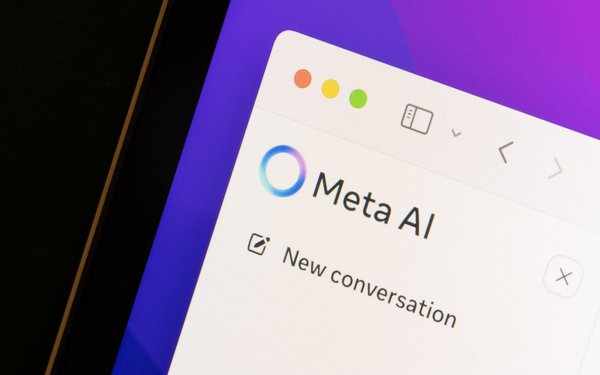
In April, Meta CEO Mark Zuckerberg told an analyst
that Meta may someday use AI to carry out ad creative, targeting and measurement -- demanding nothing from advertisers but connection to their bank account.
Although this may have seemed like a distant possibility, Zuckerberg says it is likely to happen sooner than later -- perhaps next year.
According
to a report from The Wall Street Journal, Meta is planning to invite brands to create and target their ads on the company’s family of apps using Meta’s AI tools by 2026. This would
include generating personalized image backgrounds, as well as various adjustments to marketers’ entire ad output.
Theoretically, by providing Meta with an objective and a price point, advertisers will receive a fully realized product that Meta will launch to their preferred target audience. According
to the report, advertisers will also be able to request different versions of the same ad based on geolocation and other audience-first factors.
advertisement
advertisement
The news comes a few weeks after Meta announced its “Early Release” program, which aims to
provide advertisers with access to test new generative AI Advantage+ creative features across Facebook, Instagram and Threads prior to widespread availability.
Since 2022, when Meta’s AI advertising suite first launched, the tech giant has reported increased
earnings, including $42 billion in revenue in Q1 2025 (a boost of 16% year-over-year).
An internal study also claims that Meta’s AI-powered ad tools drove a 22% improvement in return on
ad spend for advertisers last year.
Further infringing on advertisers’ creative roles, however, could restructure the entire industry -- especially
agencies' positions with media planning and buying, and brands with smaller budgets.
According to a report
by The Guardian, investors sold off a portion of the world’s largest marketing services -- including WPP, Publicis Groupe and Havas -- in response to the news, potentially driving even
more revenue to Meta.
Meta plans to invest up to $72 billion in capital expenditure over the next year, some
of which will go to further developing its AI infrastructure.
Not surprisingly, Meta executives have said that the
company’s approach to the future of advertising is not designed to kill off traditional ad agencies, but an attempt to better enable them by streamlining advertisers’ time and
resources.